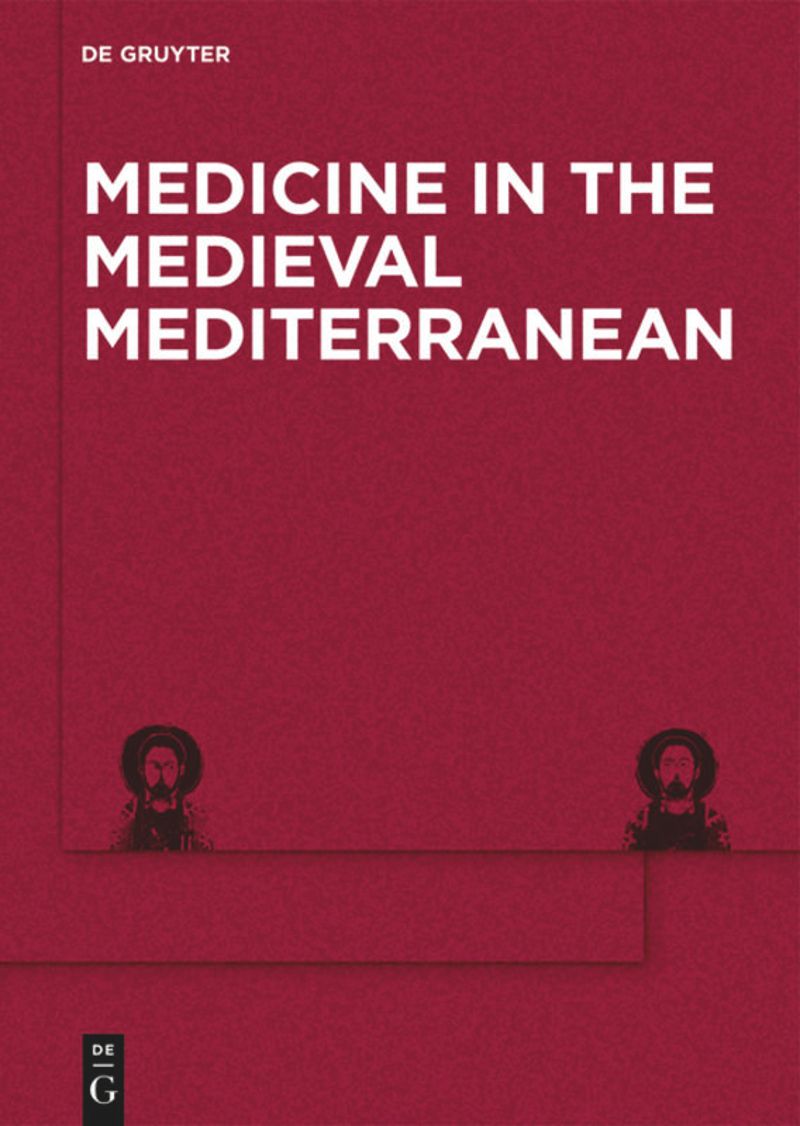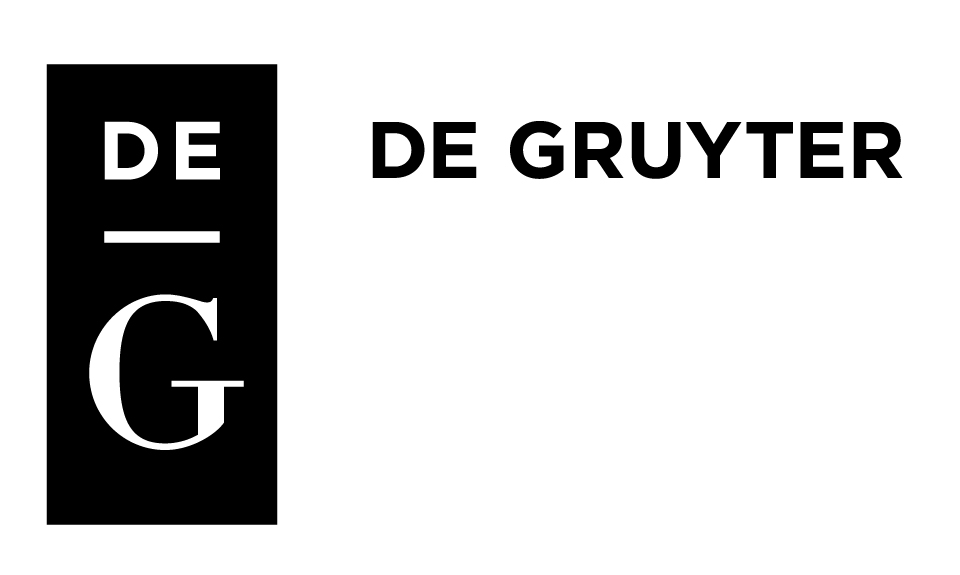
Sollten Sie Zugang über eine Institution haben?
Hier sehen Sie wie das funktioniert ...
Publikationen nach Fachgebiet finden
- Allgemein
- Altertumswissenschaften
- Architektur und Design
- Asien- und Pazifikwissenschaften
- Bibliotheks- und Informationswissenschaft, Buchwissenschaft
- Biologie
- Chemie
- Geowissenschaften
- Geschichte
- Industrielle Chemie
- Informatik
- Islam- und Nahostwissenschaft
- Jüdische Studien
- Kulturwissenschaften
- Kunst
- Linguistik und Semiotik
- Literaturwissenschaft
- Materialwissenschaft
- Mathematik
- Medizin
- Musik
- Pharmazie
- Philosophie
- Physik
- Rechtswissenschaften
- Sozialwissenschaften
- Sport und Freizeit
- Technik
- Theologie und Religion
- Wirtschaftswissenschaften
Open Access
Publikationsarten
Themen die wir veröffentlichen
- Allgemein
- Altertumswissenschaften
- Architektur und Design
- Asien- und Pazifikwissenschaften
- Bibliotheks- und Informationswissenschaft, Buchwissenschaft
- Biologie
- Chemie
- Geowissenschaften
- Geschichte
- Industrielle Chemie
